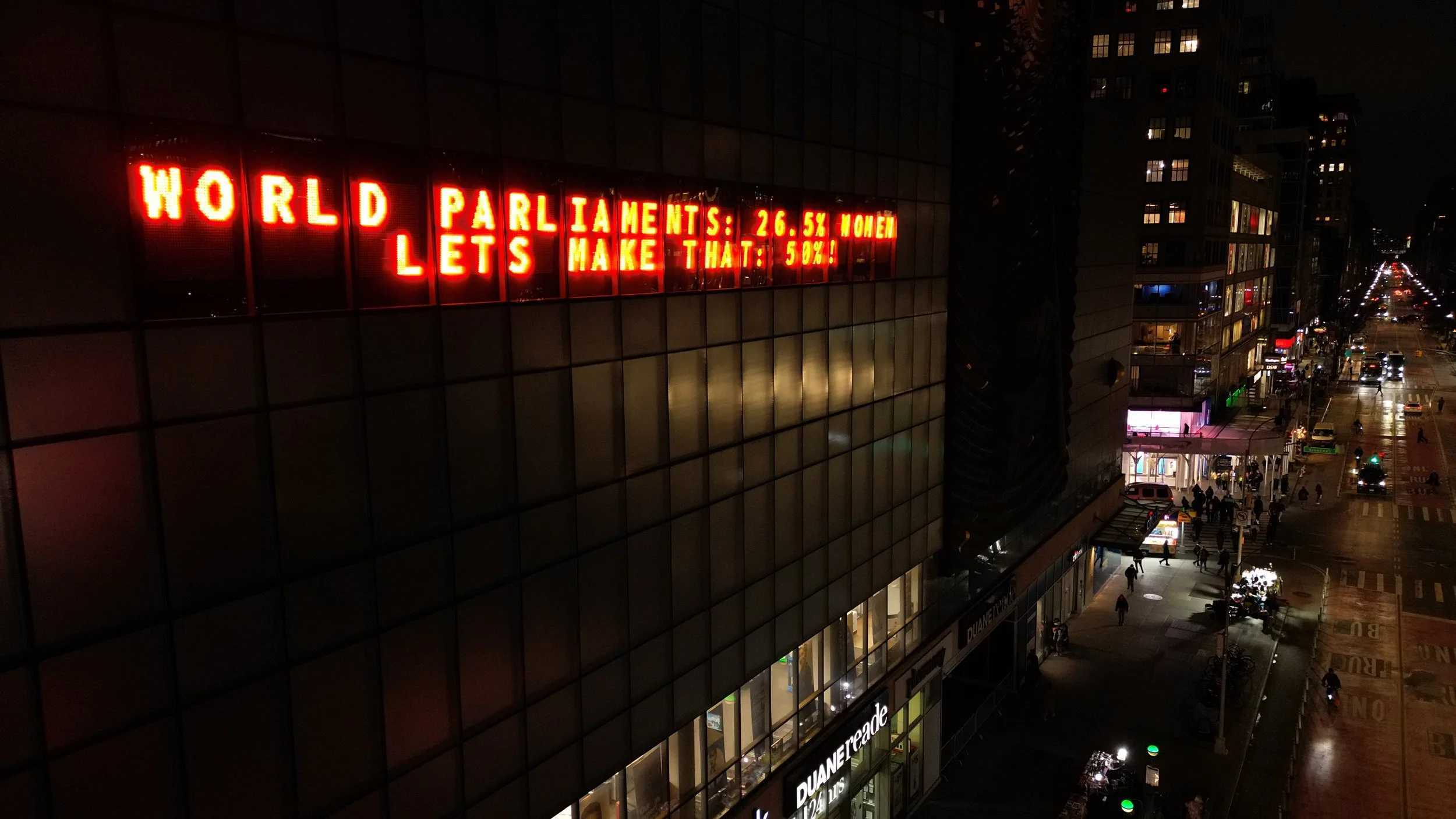A Clock in Busan
Summary
Text here
Overview
Text here
Zaya at ATL, Brasilia, 2022
Impact
This lifeline is additionally important, because women – due to the disadvantaged position that historical inequalities have perpetuated – are more adversely impacted by climate breakdown/disruptions than men. It is a core principle of climate justice to take leadership from the most impacted, and to recognize they are also more likely to better understand the solutions that are needed. The state of vulnerability women and girls face, especially in times of crisis, is reflected in access to resources, assets, services and participation in decision-making spaces, causing them to be more affected than the rest of the population. Women are also more likely to experience episodes of gender-based violence after disasters, which reduces women's adaptive capacity and resilience, weakening the future resilience of communities, as has been observed in different regional contexts.
“Increasing women’s representation at every level of government is essential not only for protecting our climate, but for improving our democracy as a whole. We cannot sufficiently address or resolve the most prominent issues facing our society today, like the climate crisis, when not everyone has a seat at the table. Electoral reforms such as ranked choice voting help to promote gender balance and have the power to create a truly representative democracy. We must advance reforms like these to ensure that the needs of the people are being met by those who have the power to enact change.”
How to use this lifeline
Use this lifeline to emphasize the need to fast track gender parity as a climate solution in your local community.


